One part of the Charge after Initiation has always stood out to me. It’s lingered in my thoughts, subtly nudging me to explore it further. The part refers to our civil duties. What are they exactly? Are mine the same as yours? Are they uniform across different regions and cultures, or are they personal and unique to each individual based on where they live, what they believe, or how they were raised? And perhaps more significantly, are these duties the same across all four quarters of the globe? This is what I’ve set out to explore, not only to understand the idea more deeply for myself, but to reflect on what it truly means to be a Freemason and a citizen of the world.
In today’s world, it’s incredibly easy to get wrapped up in our own lives. The constant pace of modern living, juggling family responsibilities, work commitments, friendships, and personal interests, often leaves us feeling overwhelmed. It leaves little time to pause and reflect on broader questions. But once in a while, it’s worth standing back and looking at the bigger picture. As Freemasons, we are reminded that we are not just individuals acting in isolation. Rather, we are each a part of a much larger, never-ending chain of consciousness that spans the globe. A chain that is both symbolic and very real.
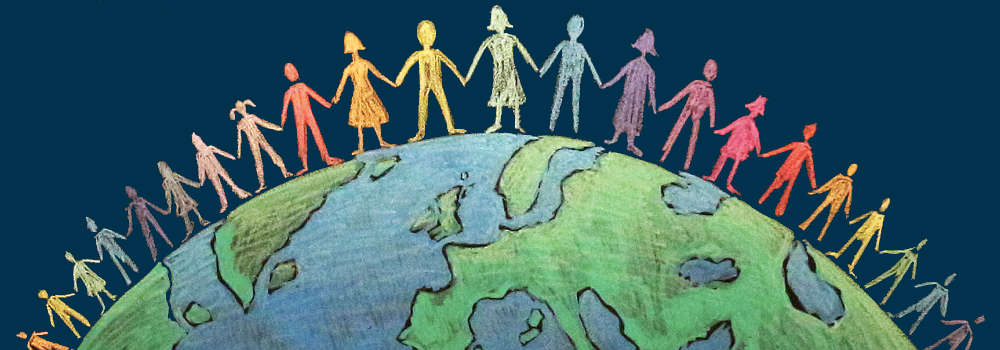
You and I are citizens of this world, not just the country of our birth or where we were raised. And as global citizens and Freemasons, we are charged to be exemplary in our civil conduct, to contribute to peace, order, and the betterment of society. After all, what would we be if we were not civilised?
Throughout history, humanity has wrestled with the tension between civility and chaos. War, conflict, and conquest have been persistent themes in our collective story. The Battle of Megiddo, which took place around 1457 BCE between the Egyptian Pharaoh Thutmose III and a coalition of Canaanite kings, is one of the earliest battles recorded in detail. It predates even the building of King Solomon’s first temple by nearly five centuries. This battle wasn’t just a military event; it symbolised control over vital trade routes and the assertion of dominance. Thousands of years later, the echoes of such conflicts remind us that large portions of our history have been marked by violence and competition rather than cooperation.
So, what does it mean to be civil or civilised in such a context? Why does it matter?
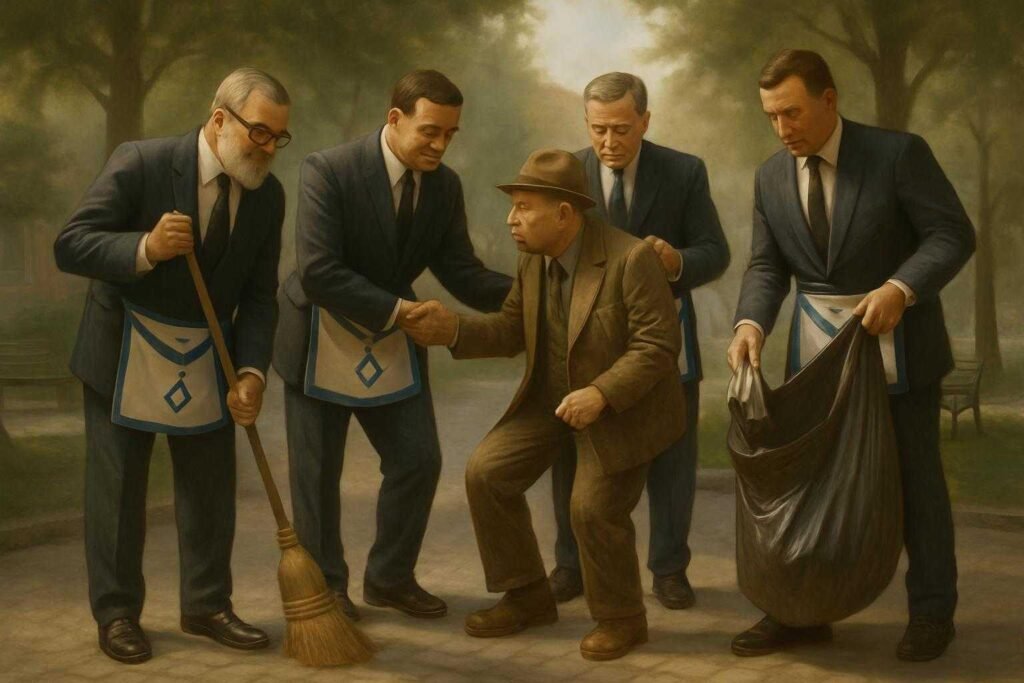
To be “civilised” is to have reached a level of development, culturally, socially, and morally, where reason, respect, and mutual understanding are central values. A civilised society is one where people engage with one another peacefully, guided by laws and norms that encourage fairness, dialogue, and compassion. It’s about more than just having advanced technology or systems of governance; it’s about how we treat one another, how we view justice, and how we choose to live together as communities.
Civilisation isn’t a given. It’s a choice. It must be consciously cultivated, generation after generation, which brings me back to the Charge. This idea of civil duty, of being a responsible, contributing member of society, isn’t just a polite suggestion. It’s a foundational element of a functioning civilisation.
Should this be something that only Freemasons care about? Or should it be the concern of all humanity?
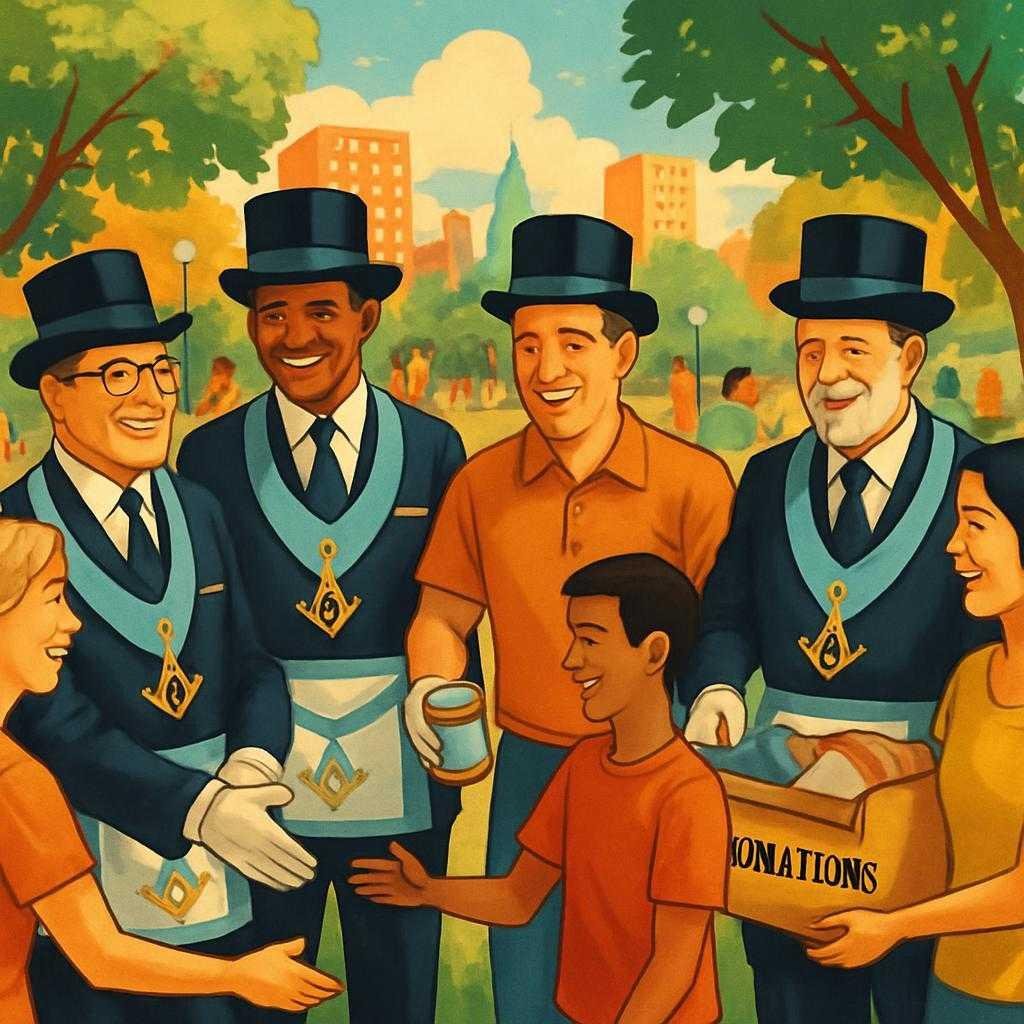
In my view, this is not a Masonic issue alone. It’s a human one. Whether we wear an apron or not, each of us plays a role in society. Every part of your life, from the clothes you wear to the food on your table to the electricity that lights your home, is made possible by the work of others. Society is a complex, interconnected web, and we each rely on it more than we often acknowledge. We all serve one another, directly or indirectly. Whether you’re a teacher, a tradesperson, a doctor, a parent, or an artist, your work contributes to the whole.
And because we are so interconnected, civility is not optional. It’s essential. A society cannot survive, let alone thrive, without mutual respect, cooperation, and the willingness to put the common good above personal gain.
But then I started to wonder: does the meaning of civil duty change depending on where you’re from? Is being “civil” in England the same as being civil in Japan or Nigeria, or Brazil? Does religion play a part in shaping what we consider our civil responsibilities to be?
The answer, I’ve discovered, is both yes and no.
Civil duties, those obligations we owe to the society we live in, are shaped by many factors: legal systems, cultural traditions, political structures, and yes, religious values. What’s considered respectful, responsible behaviour in one society may differ significantly from another. Still, despite the differences, there are also many common threads.
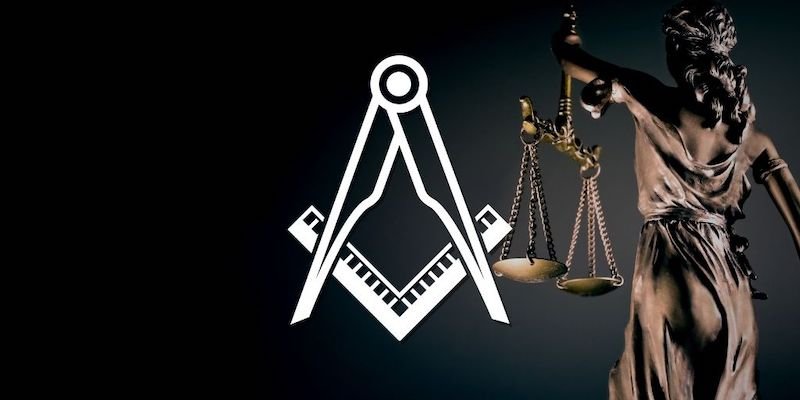
Take legal systems, for example. In countries like the United Kingdom or the United States, the legal system is based on common law, a system that relies heavily on judicial precedent and decisions made in court over time. In contrast, many European countries operate under civil law systems, where laws are codified and decisions are guided more directly by written statutes. These differences affect how civil duties are understood and enforced. Even something as basic as freedom of speech or the right to protest can be interpreted differently across countries.
Some cultures place a higher value on individualism, where personal freedom and self-expression are paramount, while others emphasise collectivism, where the needs of the group often come before those of the individual. This distinction can influence everything from social etiquette to lawmaking to public policy.
Even the terms “civic” and “civil” can be subtly different, though they are often used interchangeably. “Civic” typically refers to duties and responsibilities related to participation in public life — voting, serving on a jury, and engaging with local government. “Civil” is broader; it encompasses our general conduct as citizens, including how we interact with others in society.
Civic duties are generally seen as legal obligations. These include obeying laws, paying taxes, attending school (where required), and sometimes even defending one’s country. Failure to fulfil these can lead to legal consequences. Civil duties, on the other hand, are often more ethical or social, such as treating others with respect, volunteering in the community, or supporting public institutions.
When I first became a Freemason, I assumed the reference in the Charge was primarily about obeying the law, both common law and civil law. But I’ve come to understand it’s about much more than that. It’s about being an example of good citizenship in the broadest sense. About being aware of how our actions affect others, and striving to contribute positively wherever we can.
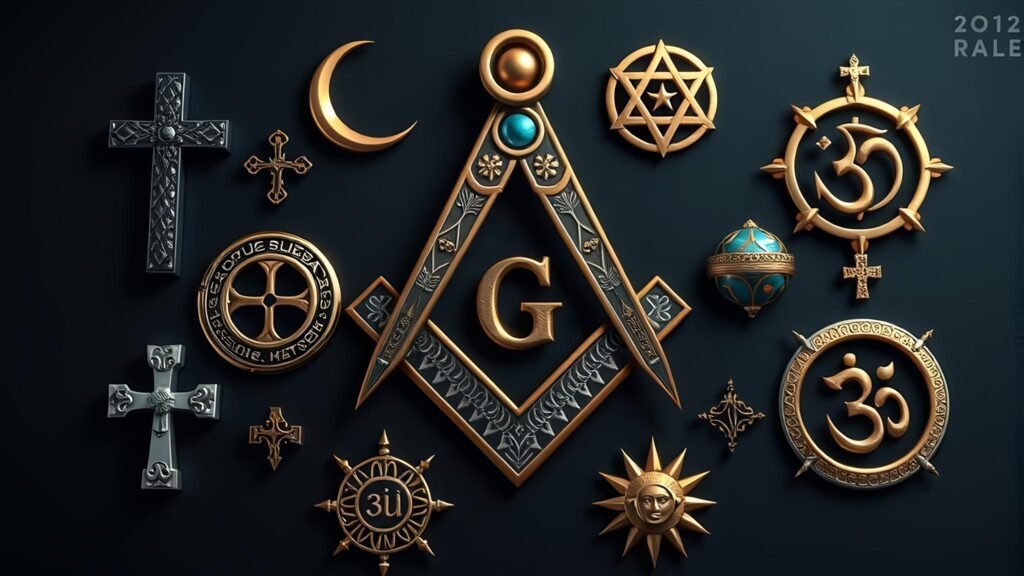
Religion can also shape our view of civil responsibilities. While specific practices vary from dietary laws to dress codes to prayer rituals, most religions emphasise core values like compassion, justice, charity, and respect for authority. In fact, most faiths encourage their followers to be upstanding members of their community, to obey the laws of the land, and to contribute to the welfare of others.
At times, religious beliefs and civil obligations may come into tension. Some individuals may conscientiously object to military service or specific medical procedures based on faith. But overall, religious teachings tend to reinforce, not contradict, the idea of responsible citizenship.

Helping others, being honest, contributing to the common good, these are not just Masonic values or religious values, but human values. And they lie at the heart of what it means to be civilised.
In the end, learning about civil duties, in all their legal, cultural, and philosophical dimensions, has given me a broader perspective on what it means to be a Freemason and a man in today’s world. It’s easy to take these responsibilities for granted, or to assume that they’re someone else’s concern. But they’re not. They belong to all of us.
That’s why they’re mentioned so early in our Masonic journey, the night of our initiation, no less. Because understanding our duties to society, to each other, and to the world is not something to be left for later. It’s something we must carry with us from the very beginning.
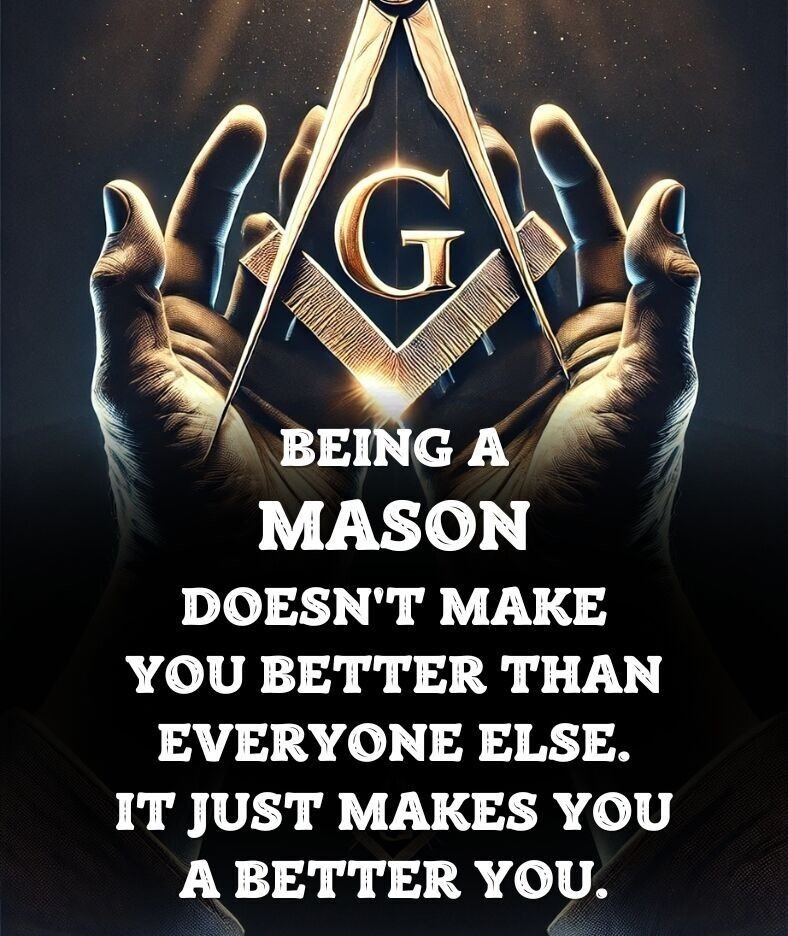
Freemasonry calls us to be better, not just in the Lodge, but in our communities, our homes, and our workplaces. By being mindful of our civil duties, we strengthen the bond that holds society together. We become living examples of what it means to be truly civilised, not just by the standards of our own country, but by the universal ideals of respect, justice, and brotherhood.
